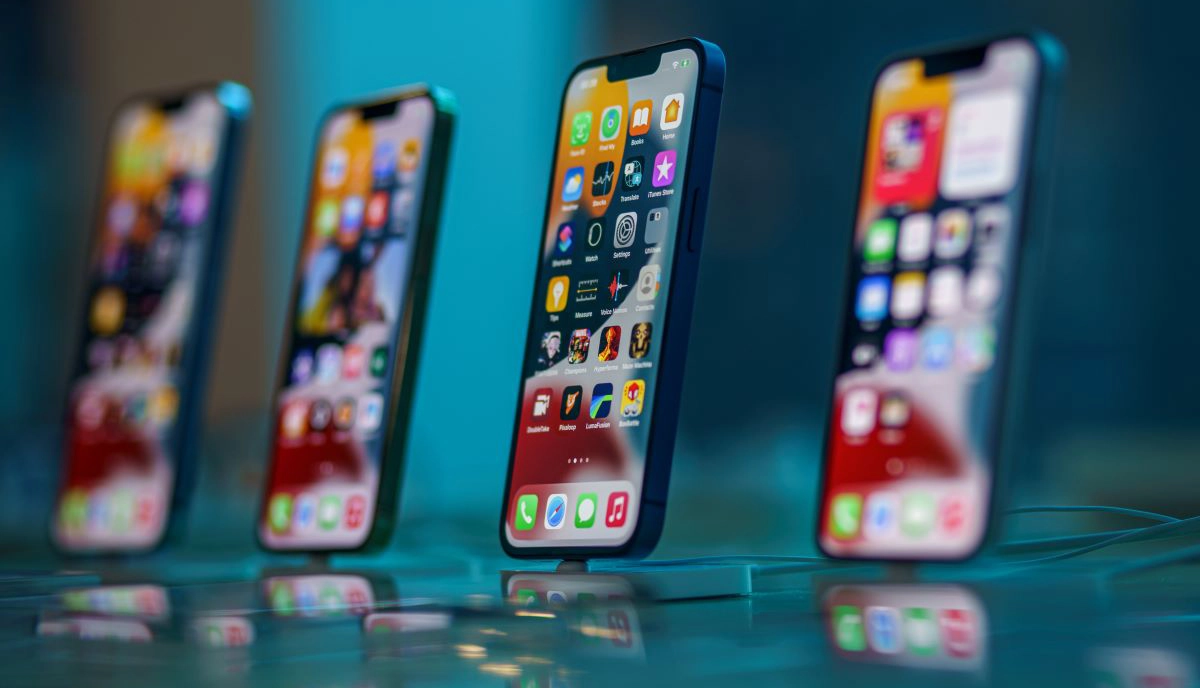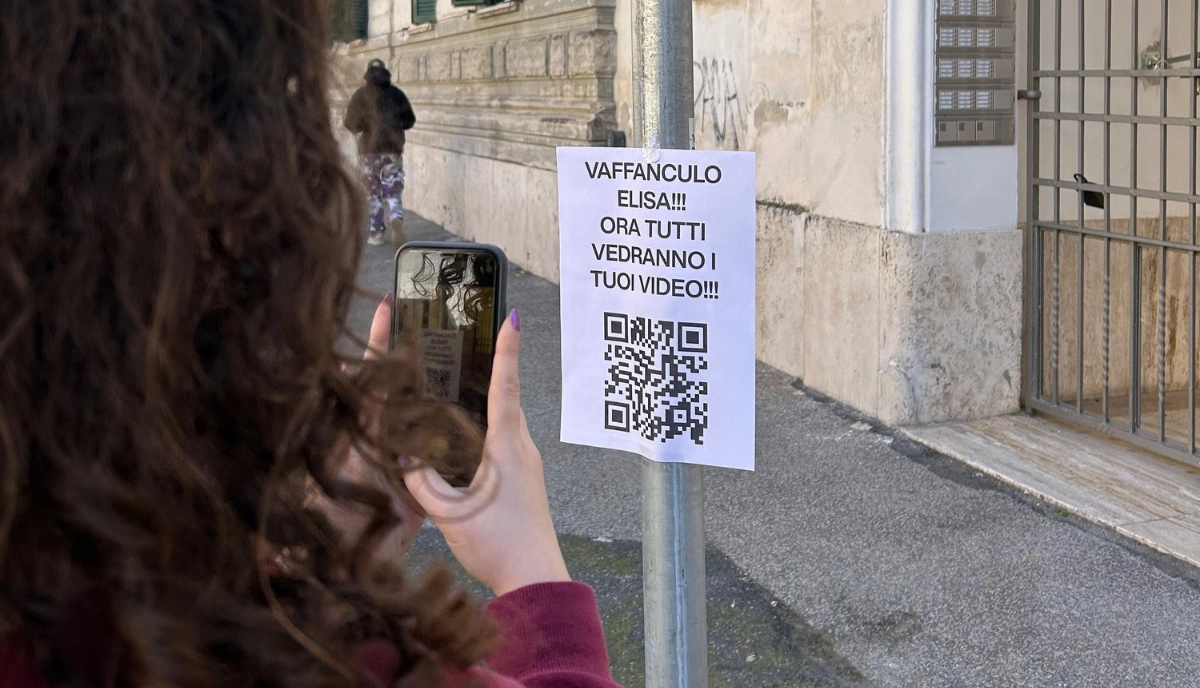Threat to millions of Apple iPhone users
The Apple and Windows camps have always marked the universe of computer enthusiasts. The arguments have been the most varied, but undoubtedly at the forefront has always been the unassailability of iOS operating systems by hackers.
Lately, this truth seems to be wavering and, as is happening to most of what were considered certainties until recently, is losing its stainlessness.
Only a few days ago, Apple warned millions of iPhone users in 92 countries of a possible risk of being the target of spyware attacks.
“Apple has detected that you have been targeted by a mercenary spyware attack that is attempting to compromise the iPhone associated with your Apple ID remotely,” Apple wrote in the warning to affected customers, “This attack is likely targeting you specifically because of who you are or what you do.”
It is since 2021 Apple has been regularly sending out these kinds of notifications, reaching users in over 150 countries, according to a support document on the company’s website. And the one in recent days is the second 2024 alert campaign, the first having been launched last April.
This time it seems that Indian users were among the first to receive the warnings.
According to a recent report by US website TechCrunch, the Cupertino company has notified users that their devices may have been compromised by spyware to steal personal information. These are particularly serious mercenary spyware attacks, as Apple pointed out, although the company did not reveal the identity of the attackers or the specific countries involved.
Apple explains that these attacks are much more complex than normal cybercriminal activities and consumer malware: those who create mercenary spyware use ‘exceptional resources’ to target a very limited number of specific people and their devices. Attacks of this kind cost millions of dollars and often have a short duration, which makes them much more difficult to detect and prevent. This is why the multinational company does not attribute attacks or threat notifications to specific attackers or geographic areas. The aspect that lightens – albeit relatively – the heaviness of the news is that these attacks are not generally targeted at ordinary people, but mainly hit technology companies, journalists, political activists, and diplomats.
Compared to last year, Apple has also changed its language considerably, choosing to describe these incidents as ‘mercenary spyware attacks’ instead of referring to them as ‘state-sponsored’, as it did previously.
How to defend your Apple device?
Apple has advised users to take potential security breaches seriously and to implement the necessary security measures to safeguard their devices.
They suggested key steps to protect themselves:
- Update your device: Ensure that you have the latest version of the iOS operating system installed.
- Enable two-factor authentication: Add an extra layer of security to your Apple account.
- Monitor suspicious behavior: Regularly check your device for any unusual activity.
- Contact Apple Support: If you have any concerns or need further clarification, reach out to Apple Customer Support directly.
In the midst of the collapse of IT myths, very few certainties remain that can survive this strange era. However, one certainty persists: our ability to recognize attempted attacks. In short, we should rely on ourselves without relying solely on outside solutions, whether they come from antivirus systems or operating systems considered unassailable.
This is a skill that must be cultivated and constantly exercised.
Customized, ongoing training that is tailored to each user’s level of preparation and knowledge is the only way to achieve this.




